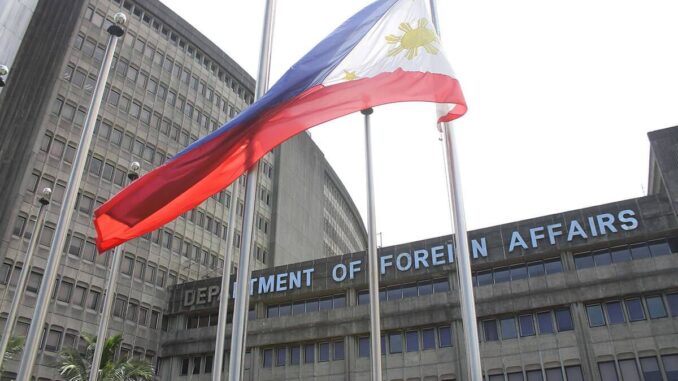
THE Philippine Embassy in Beirut said it has organized a chartered flight to repatriate distressed Filipinos in Lebanon amid rising security concerns in the West Asian republic.
“Please prepare your passports and ‘iqamas,’ (work permits),” the embassy said in an advisory posted on Facebook on Tuesday.
“And be informed that the Embassy is actively coordinating with Lebanese authorities to expedite the urgent release of exit clearances for undocumented Filipino nationals,” the embassy added.
The embassy said that through the coordination between the Department of Foreign Affairs (DFA) and the Canadian Embassy in Manila, it repatriated 37 Filipinos (20 adults and 17 children) last October 12.
It urged all Filipinos “to avail of the voluntary repatriation program considering the worsening security situation in Lebanon.”
On October 12, the Philippines expressed grave concern over the increasing tensions in the Middle East region marked by Israeli ground operations in Lebanon.
“We urge all parties to refrain from escalating the violence and to work towards a peaceful resolution of the conflict,” the DFA said in a statement.
Filipino expatriates in Beirut were advised to avoid affected areas, particularly Ras al-Nabaa and Noueiri, and to stay informed by regularly checking updates from local news outlets and the embassy.
488 Pinoys home, so far
Migrant Workers Secretary Hans Leo Cacdac on Wednesday said that close to 500 Filipinos have returned home since the start of the conflict between the Israel Defense Forces (IDF) and the armed group Hezbollah.
Speaking on Bagong Pilipinas Ngayon, Cacdac said 460 overseas Filipino workers (OFWs) were flown home from Lebanon, along with 28 dependents that included children, with a total of 488 Filipinos coming home from Lebanon.
He added that there are 514 Filipinos still in the process of going home, with 264 more Filipinos expected to return to the country, and 250 others who are still processing their clearances with Lebanese immigration authorities.
A total of 192 Filipinos are in three shelters in Lebanon, with social workers, doctors and nurses making rounds.
The embassy in Beirut is also monitoring the situation, Cacdac said.





Be the first to comment